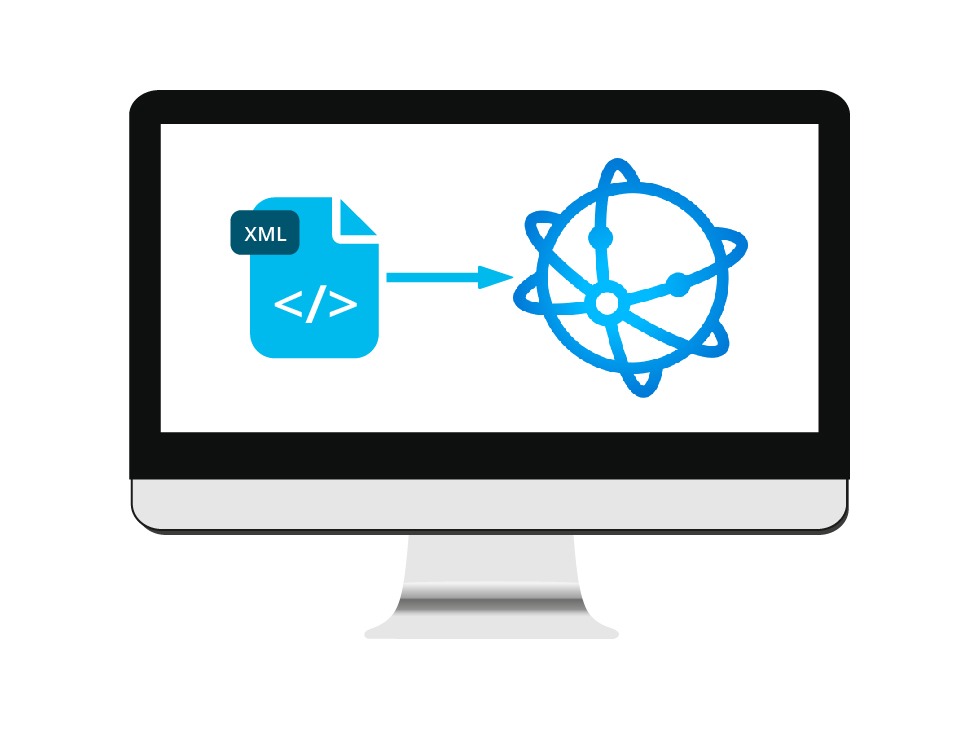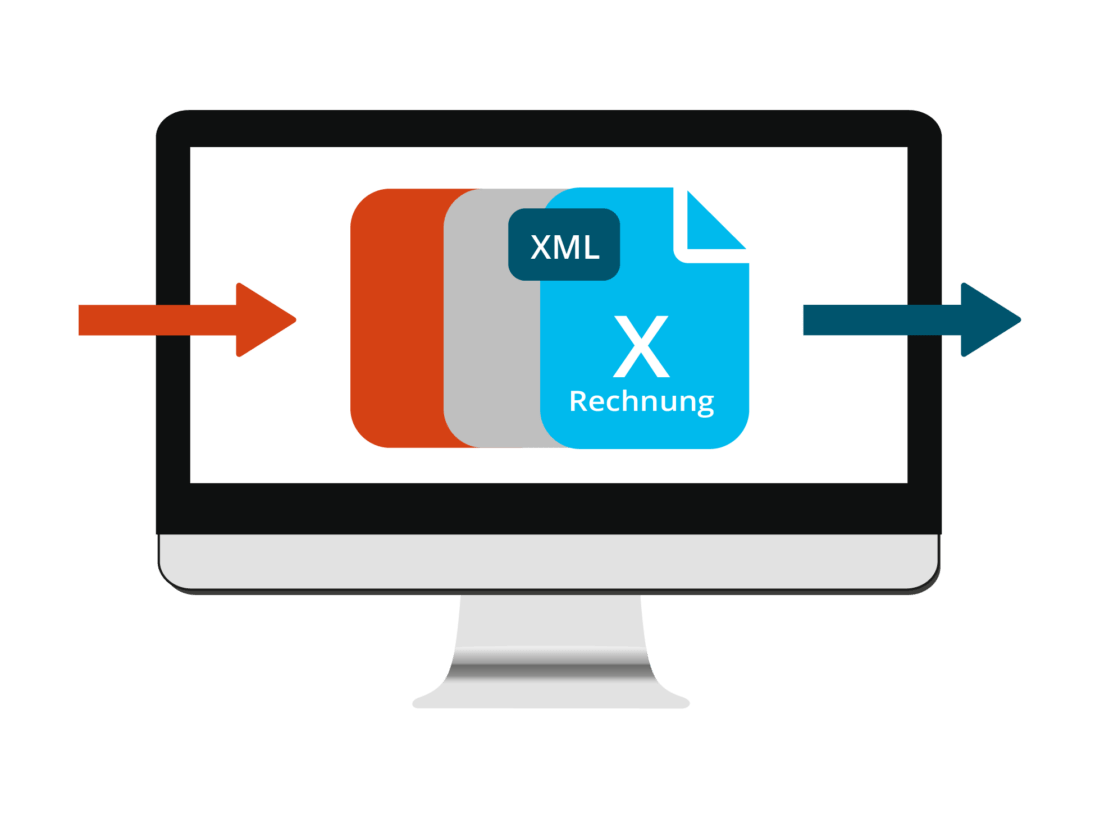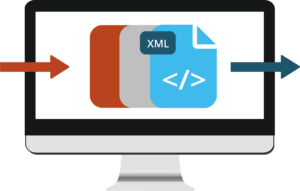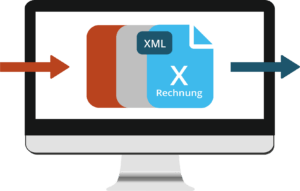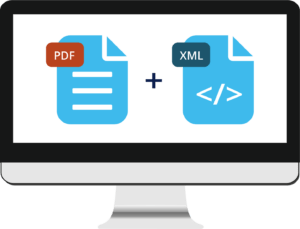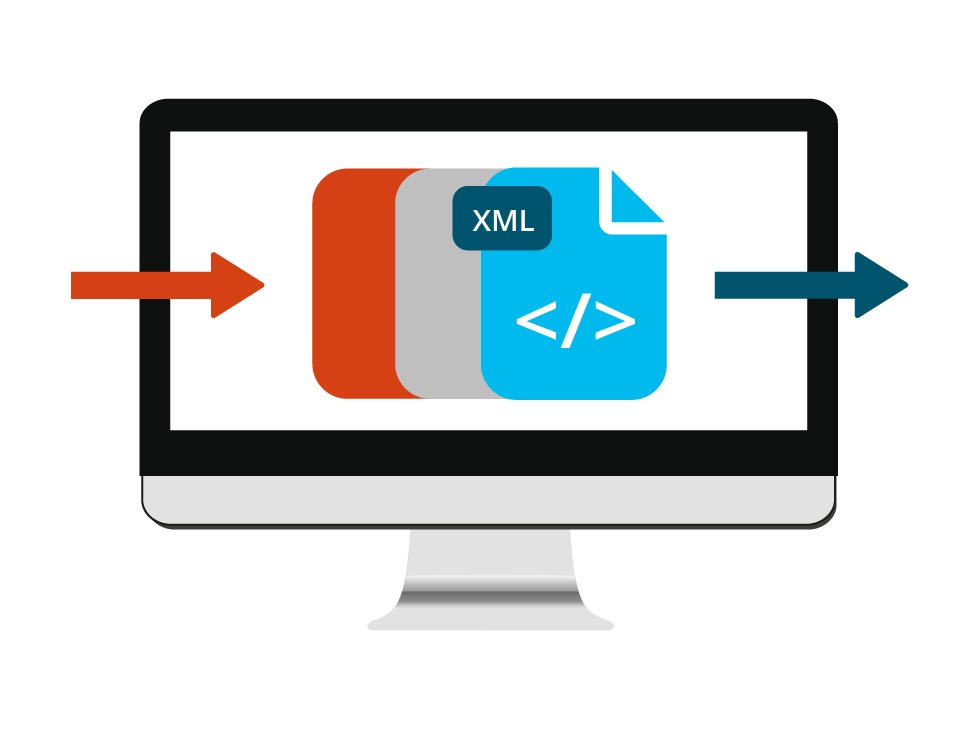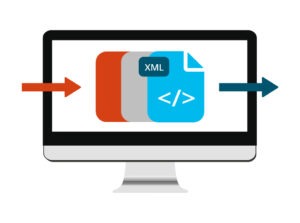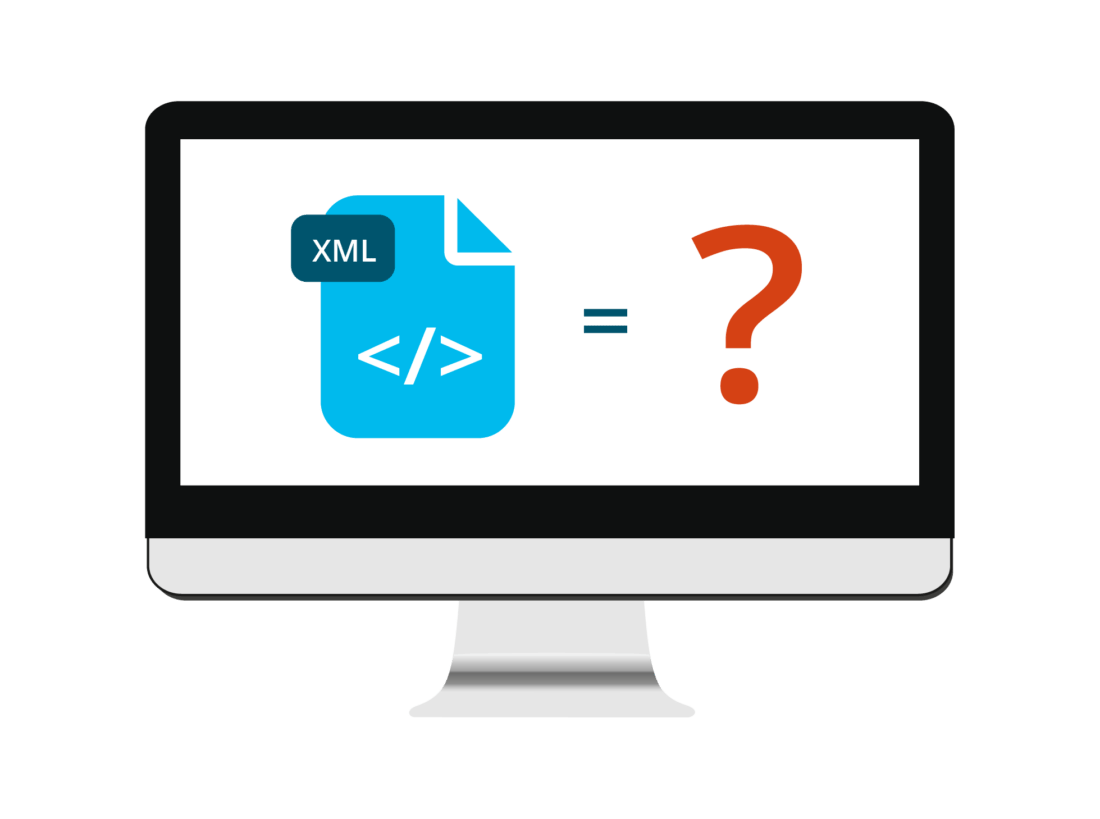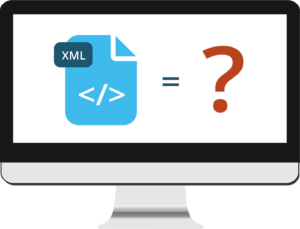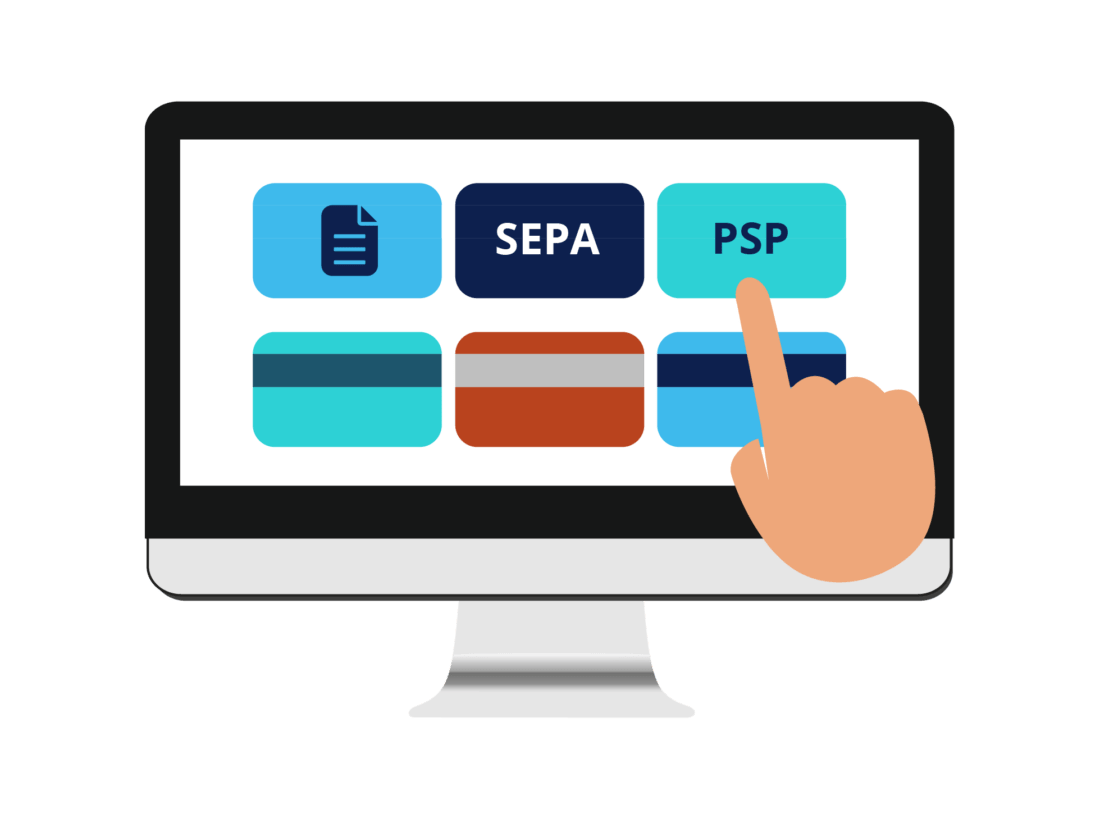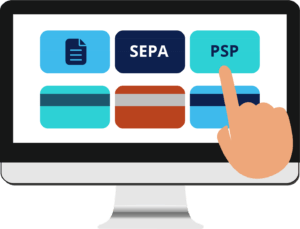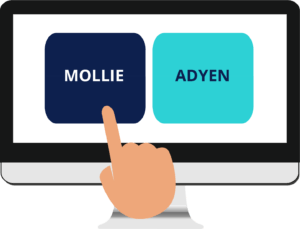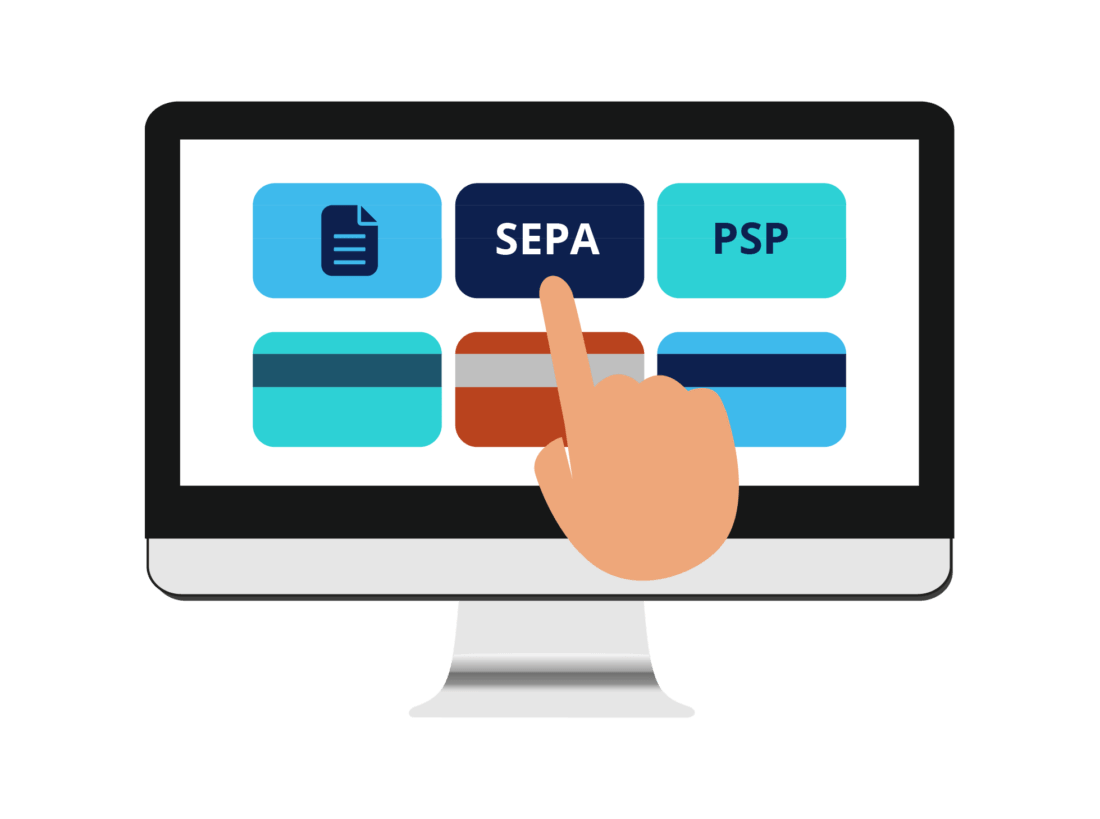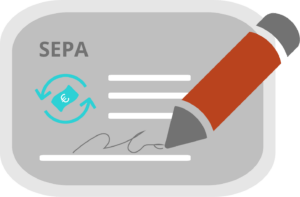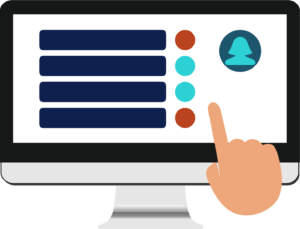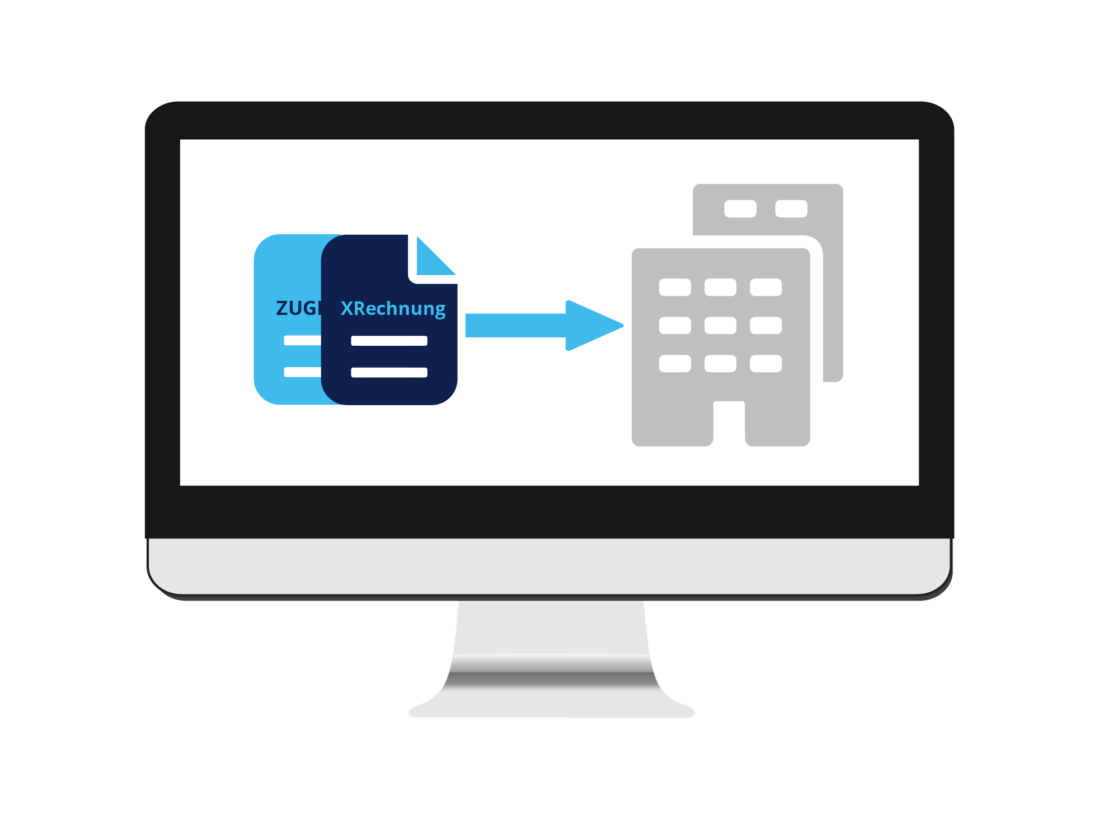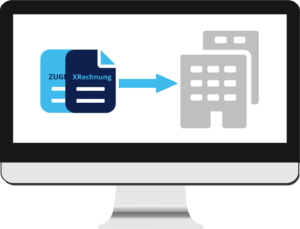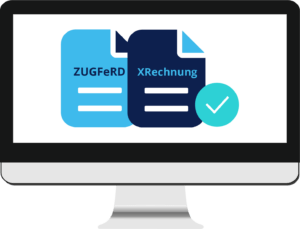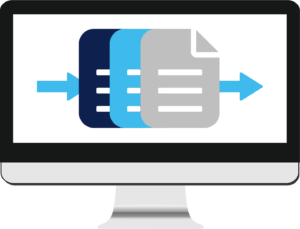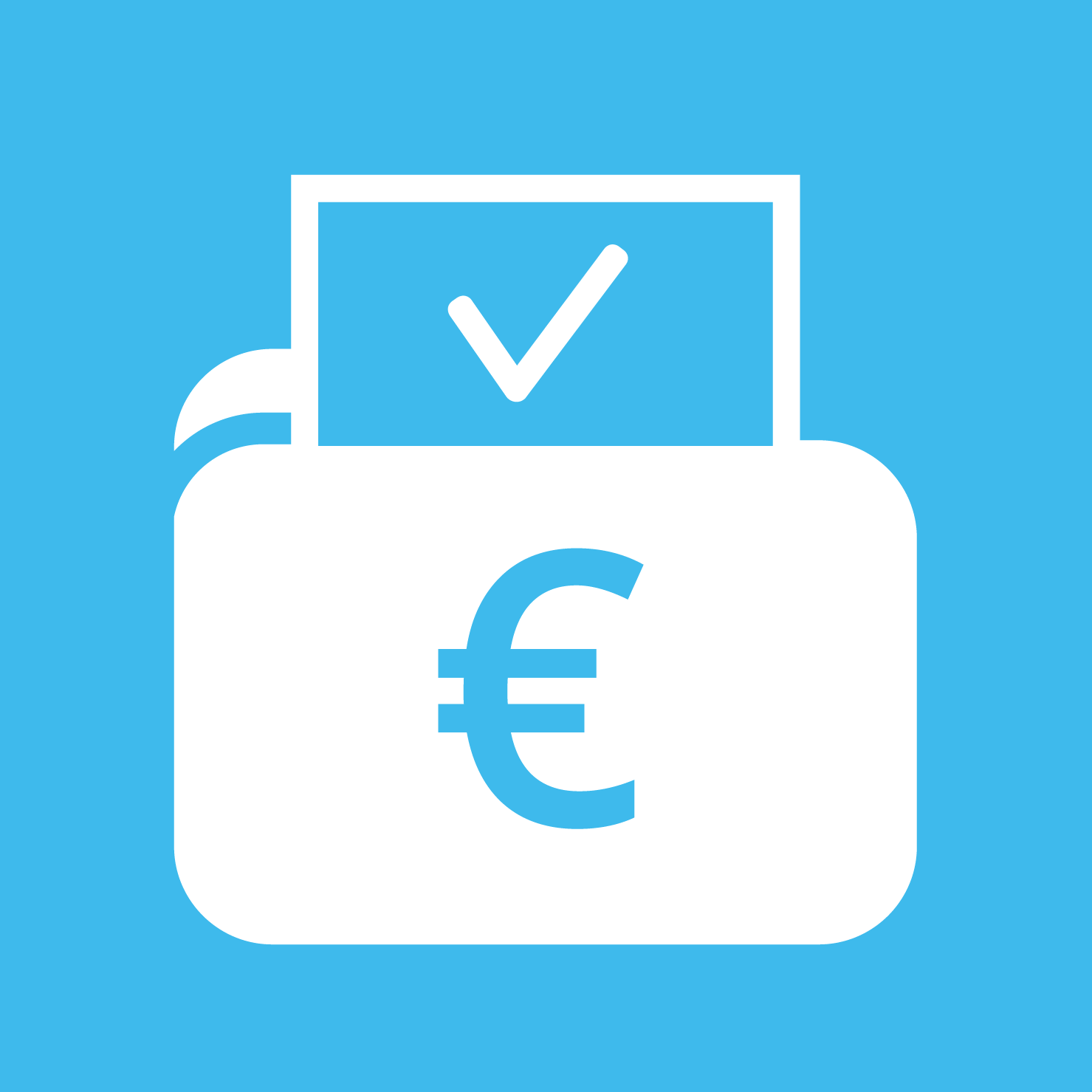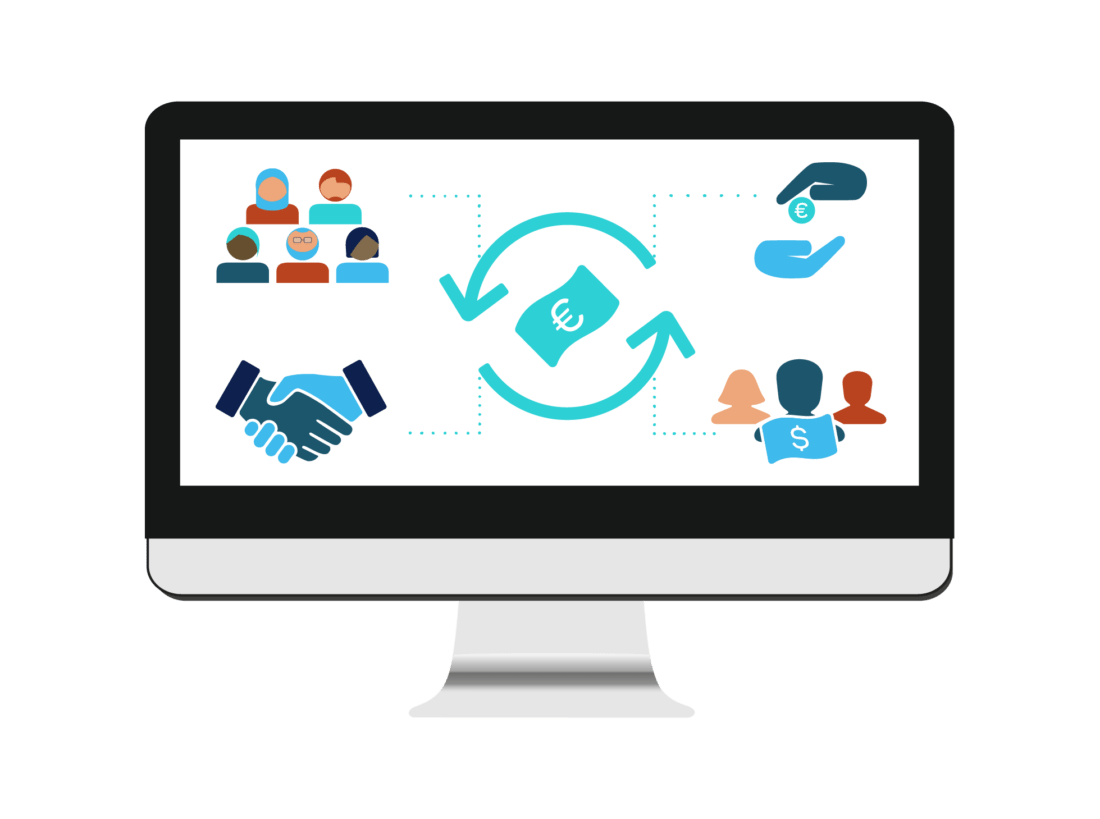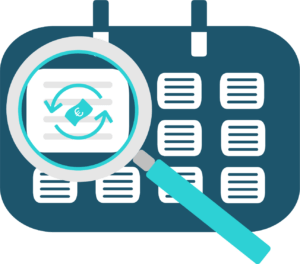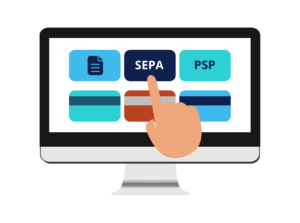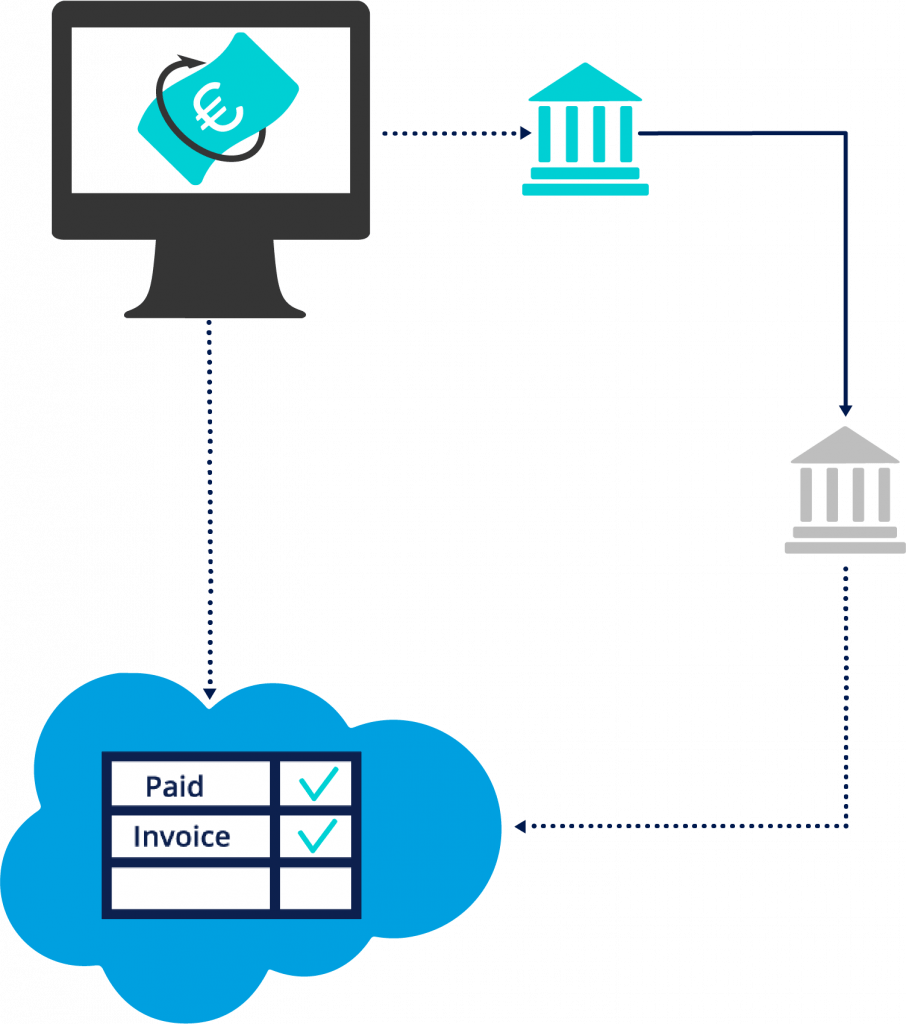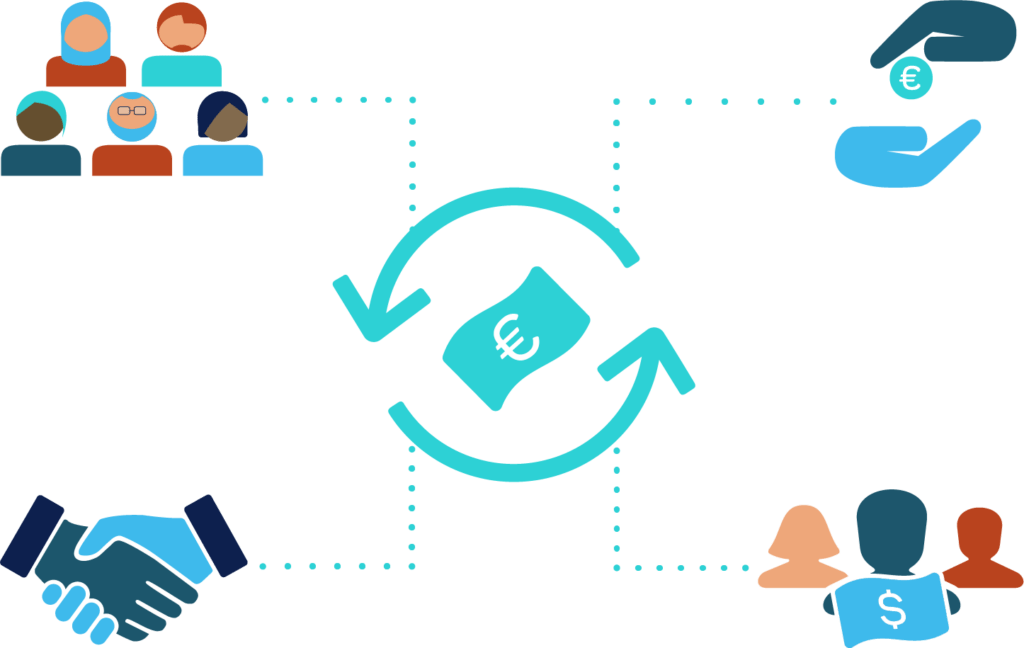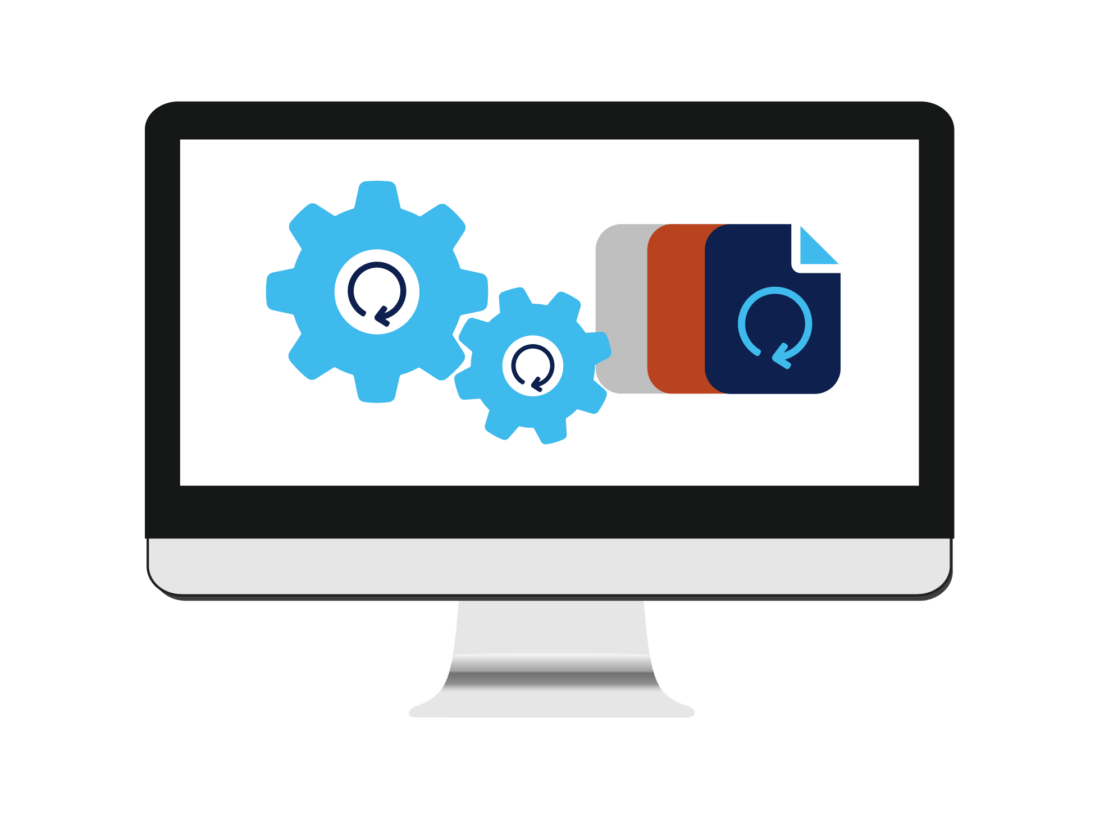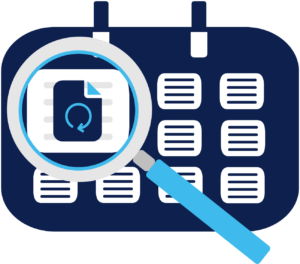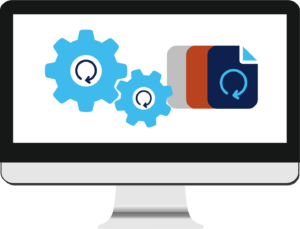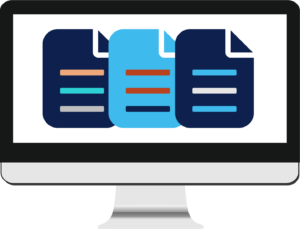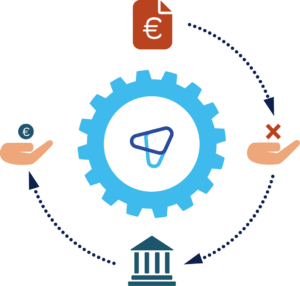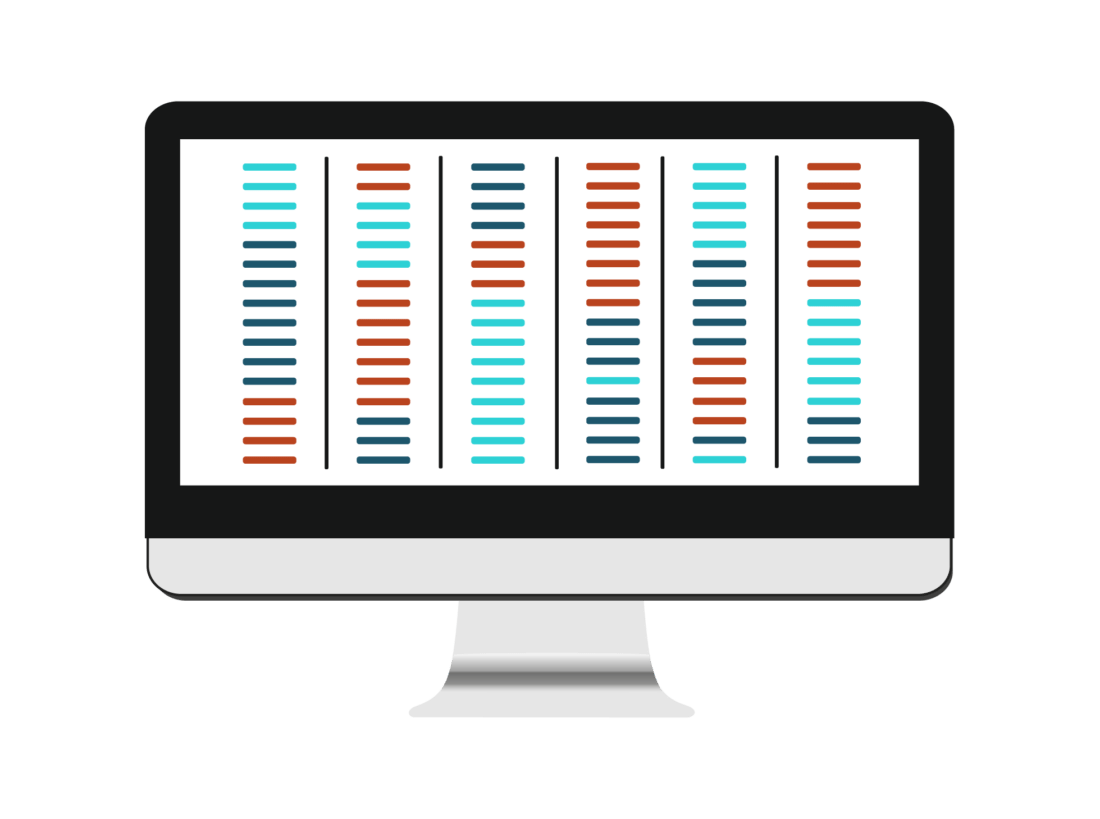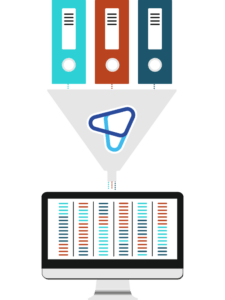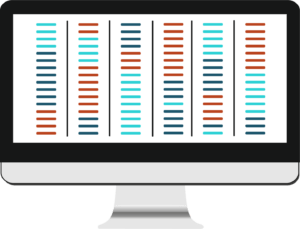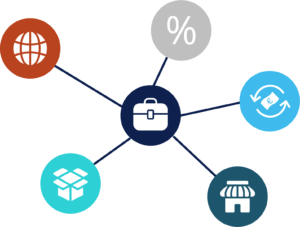Exchange of e-invoices via Peppol
Exchange of e-invoices via Peppol
Transfer of e-invoices – XRechnung and Peppol BIS Billing – between Salesforce and Peppol
Would you like to exchange e-invoices between Salesforce and Peppol?
JustOn offers the option of exchanging e-invoices in the format XRechnung and Peppol BIS Billing between Salesforce and Peppol via a direct integration into the Peppol network.
Learn more about the following topics on this page:
How do you send e-invoices via Peppol?
What are the benefits of transmitting e-invoices via Peppol?
What is Peppol?
Peppol – Pan-European Public Procurement OnLine – offers an open network through which all participating companies and institutions can exchange electronic invoices in legally compliant formats and organize their procurement processes (e-procurement) in accordance with the Directive 2014/55/EU.
The standardized electronic formats XRechnung and Peppol BIS Billing ensure the consistent transmission of invoices between companies and public institutions in the Peppol infrastructure.
As opposed to all other transmission options for e-invoices, Peppol is the only channel to offer machine-to-machine automation.
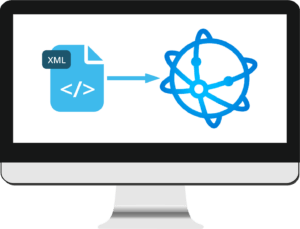
How do you send e-invoices via Peppol?
The exchange of e-invoices in the standardized digital formats XRechnung and Peppol BIS Billing guarantees direct transmission to processing systems. According to the EN-16931 standard for electronic invoicing, the use of the XML data format is mandatory in Europe.
This makes the electronic exchange of invoices between contractors and clients much more efficient. In particular, in companies that process a large number of orders in particular will benefit from this service, which guarantees legal compliance, seamless processing and immediate payments.
What are the benefits of transmitting e-invoices via Peppol?
The transmission of invoices in the XRechnung and Peppol BIS Billing format via the Peppol network reduces the workload for invoice senders and recipients. The use of the network guarantees the fully automated, seamless exchange of invoice documents.
Companies with a high volume of e-invoices benefit from this automation, as do smaller companies. The connection to the Peppol network ensures error reduction, high security and efficient digital processes in the transmission of e-invoices in the XRechnung and Peppol BIS Billing format.
Does JustOn offer a connection from Salesforce to Peppol?
JustOn Billing & Invoice Management offers seamless data transfer between Salesforce and Peppol.
The direct integration enables users of our software to exchange electronic invoices in XRechnung and Peppol BIS Billing formats via the Peppol network – both nationally and internationally. This function reduces the workload for senders and recipients and ensures a high level of security: data transfer is encrypted and complies with legal requirements via a four-corner model.
By January 2025, users of JustOn Billing & Invoice Management will also be able to receive e-invoices from the Peppol network in Salesforce.

